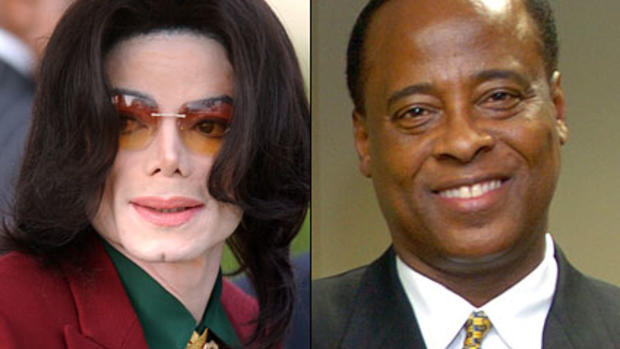Defense begins case for Jackson physician Conrad Murray, prosecution rests
(CBS/AP) LOS ANGELES - After questioning 33 witnesses, prosecutors have concluded their case against Michael Jackson's personal physician Dr. Conrad Murray, who's charged with involuntary manslaughter in the singer's death.
Pictures:
Who's who in the trial of Dr. Conrad Murray
Pictures:
Michael Jackson's Doctor Trial
Video:
Dr. Conrad Murray manslaughter trial begins
Defense attorneys called their first witness - Dona Norris, a records custodian for the Beverly Hills Police Department who discussed the 911 call received on the day Jackson died. Norris is one of 15 witnesses the defense is expected to call over the next few days.
The defense will now have its chance to counter four weeks of damaging testimony from dozens of witnesses who have cast Murray as an inept, distracted and opportunistic doctor who repeatedly violated legal, ethical and professional guidelines.
The final prosecution witness was Dr. Steven Shafer, an expert on the anesthetic propofol that authorities say killed Jackson.
Murray, who has pleaded not guilty, has admitted giving Jackson propofol as a sleep aid in the singer's bedroom.
Although Shafer told jurors that Murray committed 17 violations of the standard of care that each could have led to Jackson's injury or death, he also said under cross-examination that it's difficult to know the precise effects of the drug on the singer because he had been given so much of it in the months before he died.
Shafer made the statement while being questioned by lead defense attorney Ed Chernoff, who noted the risk that Jackson would stop breathing should have been low after the first few minutes the drug was administered on the day he died.
Chernoff based that conclusion on models and research done by Shafer.
"In Mr. Jackson's case, it's harder to have that certainty," Shafer replied. "There's very little, almost no precedent for this level of propofol exposure."
Shafer, a Columbia University researcher and professor, said Jackson had been receiving propofol almost every night for more than two months, according to a police statement by Murray.
Complete coverage of the Conrad Murray - Michael Jackson case on CBS News

